Chemistry course at your school! It is s a program of 12 lessons with young scientists and like-minded people. We will understand the basic concepts of chemical science, we will carry out reactions and discuss the results. We will learn to rely on our own research and think analytically.
IN 12 lessons, each child will:
1
Conduct basic chemical reactions and learn about inorganic, organic and analytical chemistry.
2
Learn to titrate, filter, decant and understand all the columns and rows of the periodic table of elements.
3
Learn to keep a workbook, analyze and think independently.
Feel comfortable in an atmosphere where they can try, experiment and not be afraid to ask questions.
4
- LESSON 1. SIGNS OF CHEMICAL REACTIONSWe get acquainted with chemical equipment and safety precautions - why gloves are needed, how you can sniff substances and how not. Let's discuss what chemists do in general, what is the difference between physical and chemical phenomena. After we proceed to the experiments and deal with the signs of chemical reactions. To do this, we will carry out reactions with precipitation, color change, evolution of gas and heat.
- LESSON 2. STRUCTURE OF THE ATOMLet's try to understand how the atom works and why chemical reactions are possible in our Universe. Let's get acquainted with the periodic table, we will understand by what principles the elements are located and what significance the serial numbers have. And in order to confirm the theory with practice, we will isolate pure tin from tin chloride.
- LESSON 3. INDICATORS, ACIDS AND BASESWe will continue to structure our knowledge about ions, we will understand the classification of inorganic substances and what distinguishes an acid from everything else. We will conduct experiments with indicators, give a definition of pH and check the acidity of all representatives of household chemicals.
FULL COURSE PROGRAM
EXPAND
LESSON 4. CHEMICAL SALTS
Using the example of coloring pigments, we will understand the concepts of solubility and insolubility of salts. Let's discuss how salts are arranged, what can be built from ions, and how signs of chemical reactions are used for the qualitative determination of inorganic compounds. We will carry out qualitative reactions to copper ions, and then we will determine unknown substances using the knowledge gained. At the same time, we will make several paints based on synthesized salts.
LESSON 5. METALS
Let's get acquainted with metals, study their physical and chemical properties. Let's carry out reactions between metals and acids. And we will reinvent the activity series of metals. We will consolidate knowledge with the help of a quiz on the topic covered.
LESSON 6. METHODS OF ANALYSIS IN CHEMISTRY
Learn quantitative analysis in chemistry. Applying the knowledge from the third lesson, we will try to figure out what titration is and we will titrate an acid with an alkali. At the end of the lesson, we will repeat the topics covered and consolidate the knowledge gained.
LESSON 7. INTRODUCTION TO ORGANIC CHEMISTRY
Let us study the nature of carbon bonds and find out that in fact, in addition to inorganic compounds, there is a large group of organic substances. We will find out what common properties they have, fix the knowledge by conducting five qualitative reactions with the main classes of organic substances - with carboxylic acids, alcohols, carbohydrates, and even capture cyclic hydrocarbons.
LESSON 8. PROTEINS
Let's learn the difference between polymers and monomers using proteins as an example. Let's talk about their complex structure and significance in our lives. With the help of chemical methods, we can distinguish between types of proteins. We will conduct qualitative reactions on them and sweeteners based on them, and then we will denature the egg white in various ways.
LESSON 9. CARBOHYDRATES
Let's start our acquaintance with carbohydrates, we will carry out qualitative reactions to various structural groups. Find out what wood and starch have in common. Let's dive into the world of biopolymers - let's check whether starch and cellulose really consist of the same substance, although they exhibit different properties. To do this, we will obtain Benedict's reagent, and then, with its help, we will evaluate the quality of honey.
LESSON 10. VITAMINS
Let's talk about chemistry and our health. We will understand the types of vitamins, the importance of the correct dosage and why you need to consume vitamin C in much larger quantities than others. We will carry out qualitative reactions for vitamins C and E and restore riboflavin (vitamin B2).
LESSON 11. POLYMERS
Let us continue the study of organic compounds, dwelling in more detail on synthetic polymeric substances. We will analyze ways to obtain different plastics, as well as make our own polymer and even rayon. Understand that chemistry makes our life more comfortable and easier.
LESSON 12. FINAL QUIZ
Summarize all the knowledge gained in the classroom. We will conduct a mini-exam, where we will hone our skills in the field of chemistry.
Using the example of coloring pigments, we will understand the concepts of solubility and insolubility of salts. Let's discuss how salts are arranged, what can be built from ions, and how signs of chemical reactions are used for the qualitative determination of inorganic compounds. We will carry out qualitative reactions to copper ions, and then we will determine unknown substances using the knowledge gained. At the same time, we will make several paints based on synthesized salts.
LESSON 5. METALS
Let's get acquainted with metals, study their physical and chemical properties. Let's carry out reactions between metals and acids. And we will reinvent the activity series of metals. We will consolidate knowledge with the help of a quiz on the topic covered.
LESSON 6. METHODS OF ANALYSIS IN CHEMISTRY
Learn quantitative analysis in chemistry. Applying the knowledge from the third lesson, we will try to figure out what titration is and we will titrate an acid with an alkali. At the end of the lesson, we will repeat the topics covered and consolidate the knowledge gained.
LESSON 7. INTRODUCTION TO ORGANIC CHEMISTRY
Let us study the nature of carbon bonds and find out that in fact, in addition to inorganic compounds, there is a large group of organic substances. We will find out what common properties they have, fix the knowledge by conducting five qualitative reactions with the main classes of organic substances - with carboxylic acids, alcohols, carbohydrates, and even capture cyclic hydrocarbons.
LESSON 8. PROTEINS
Let's learn the difference between polymers and monomers using proteins as an example. Let's talk about their complex structure and significance in our lives. With the help of chemical methods, we can distinguish between types of proteins. We will conduct qualitative reactions on them and sweeteners based on them, and then we will denature the egg white in various ways.
LESSON 9. CARBOHYDRATES
Let's start our acquaintance with carbohydrates, we will carry out qualitative reactions to various structural groups. Find out what wood and starch have in common. Let's dive into the world of biopolymers - let's check whether starch and cellulose really consist of the same substance, although they exhibit different properties. To do this, we will obtain Benedict's reagent, and then, with its help, we will evaluate the quality of honey.
LESSON 10. VITAMINS
Let's talk about chemistry and our health. We will understand the types of vitamins, the importance of the correct dosage and why you need to consume vitamin C in much larger quantities than others. We will carry out qualitative reactions for vitamins C and E and restore riboflavin (vitamin B2).
LESSON 11. POLYMERS
Let us continue the study of organic compounds, dwelling in more detail on synthetic polymeric substances. We will analyze ways to obtain different plastics, as well as make our own polymer and even rayon. Understand that chemistry makes our life more comfortable and easier.
LESSON 12. FINAL QUIZ
Summarize all the knowledge gained in the classroom. We will conduct a mini-exam, where we will hone our skills in the field of chemistry.
How
are the classes structured?
1
The full course consists of 12 lessons. This is 3 months.
2
Classes are held once a week.
3
Each lesson lasts 1 hour 30 minutes.
4
There are no more than 14 children in the group, each has their own personal workplace.
5
All necessary equipment, reagents and samples, as well as workbooks are provided during class.
6
We are ready to discuss the possibility of doing the first trial lesson, which will need to be paid in advance: the price of 30 € per child will be included in the total cost of the entire course in the future.
The full course consists of 12 lessons. This is 3 months.
Classes are held once a week on weekends.
Each lesson lasts 1 hour 30 minutes.
There are no more than 14 children in the group, each has their own personal workplace
All necessary equipment, reagents and samples, as well as workbooks are provided during class
We are ready to discuss the possibility of doing the first trial lesson, which will need to be paid in advance: the price of 30 € per child will be included in the total cost of the entire course in the future.
SCHEDULE
If you have enough children who want to take our courses in chemistry, biology, physics, medicine and general sciences, we will be happy to discuss the possibility of organizing courses at your place at a convenient time for you. Our young scientists will bring all the necessary laboratory equipment for classes.
To make this possible, you provide us with a free room and one or more groups of students (14 children each) who want to attend our courses for at least 3 months. Thanks to this, we can give a special price.
We also want to sell tickets to your groups to our customers who live near you - this will help to recruit groups and attract the attention of a new audience to your location.
The course language can be Spanish, Catalan, English or Russian. The day of the week and the time of the beginning of classes is up to you.
If you are an interested parent, you can start by gathering a group of like-minded people and then decide whether you will attend our courses at the usual time, or if you want us to come to you. We will give you a group discount depending on the option.
Sample text to send to chat.
To make this possible, you provide us with a free room and one or more groups of students (14 children each) who want to attend our courses for at least 3 months. Thanks to this, we can give a special price.
We also want to sell tickets to your groups to our customers who live near you - this will help to recruit groups and attract the attention of a new audience to your location.
The course language can be Spanish, Catalan, English or Russian. The day of the week and the time of the beginning of classes is up to you.
If you are an interested parent, you can start by gathering a group of like-minded people and then decide whether you will attend our courses at the usual time, or if you want us to come to you. We will give you a group discount depending on the option.
Sample text to send to chat.
Sample text to send to chat
Hello! I just found out about the chemistry club organized by the guys from Smart Barcelona. Let's gather a group of children and agree on their holding in our school? About the course and prices: https://smart-barcelona.com/en/courses/chem-school
Teachers
The creators and teachers of the courses are real young scientists from the main universities of the country. They build their classes with the help of methodologists, teachers and psychologists, so that every word conveyed is understandable and interesting to the child.
price
360€
for 1 child
3 months / 12 lessons
30€ per session
3 months / 12 lessons
30€ per session
690€
for 1 child
6 months / 12 lessons
28,75€ per session
6 months / 12 lessons
28,75€ per session
990€
for 1 child
9 months / 12 lessons
27,50€ per session
9 months / 12 lessons
27,50€ per session
FAQ
EXPAND
1. There was no chemistry/biology/physics at school yet. Will the child understand?
No problem, we created these courses to introduce kids to the sciences.
2. My child has already read all the encyclopedias, attended all the circles and is starting to study the textbook for the third year of the Faculty of Chemistry / Faculty of Biology / Faculty of Physics. Will he be interested?
Yes, he will be interested too. The vast majority of the experiments that we will conduct, he certainly did not see anywhere. And even the most tricky questions can be asked to our presenters, because the third year is already far behind them.
3. What should I give my child with me?
Nothing! We will provide everything you need for classes.
4. The child is sick. What to do?
If a participant misses one lesson, we will send a memo with which you can study the lesson material on your own. If a child missed two or more classes due to illness, and you provide us with a proof, we will transfer participation to the next stream, subject to availability.
If a child misses one lesson, we will send a detailed memo with which you can study the material of the lesson. If a child falls ill (misses two or more classes), then we will be able to take 50% of the cost of classes into account when paying for the next months or leave them on deposit.
No problem, we created these courses to introduce kids to the sciences.
2. My child has already read all the encyclopedias, attended all the circles and is starting to study the textbook for the third year of the Faculty of Chemistry / Faculty of Biology / Faculty of Physics. Will he be interested?
Yes, he will be interested too. The vast majority of the experiments that we will conduct, he certainly did not see anywhere. And even the most tricky questions can be asked to our presenters, because the third year is already far behind them.
3. What should I give my child with me?
Nothing! We will provide everything you need for classes.
4. The child is sick. What to do?
If a participant misses one lesson, we will send a memo with which you can study the lesson material on your own. If a child missed two or more classes due to illness, and you provide us with a proof, we will transfer participation to the next stream, subject to availability.
If a child misses one lesson, we will send a detailed memo with which you can study the material of the lesson. If a child falls ill (misses two or more classes), then we will be able to take 50% of the cost of classes into account when paying for the next months or leave them on deposit.
APPLICATION
and the registration form of your wishes
Fill out the form and leave your details. We will contact you as soon as possible.
Fill out the form and leave your details. We will contact you as soon as possible.
Share
about us on social networks and subscribe to the newsletter
If you want to help our initiative, spread the word about our science courses to your friends, on your pages in social networks, in parent chats and groups. Thank you!
Sample text to send to chat.
Sample text to send to chat.
Would you like to not miss out on our new products? Subscribe now!
Privacy policy
© 2018-2025 Science at home
© 2018-2025 Science at home
We use cookies to enhance your browsing experience and provide you with a more personalised service. By continuing to browse this site, you are agreeing to our use of cookies.











